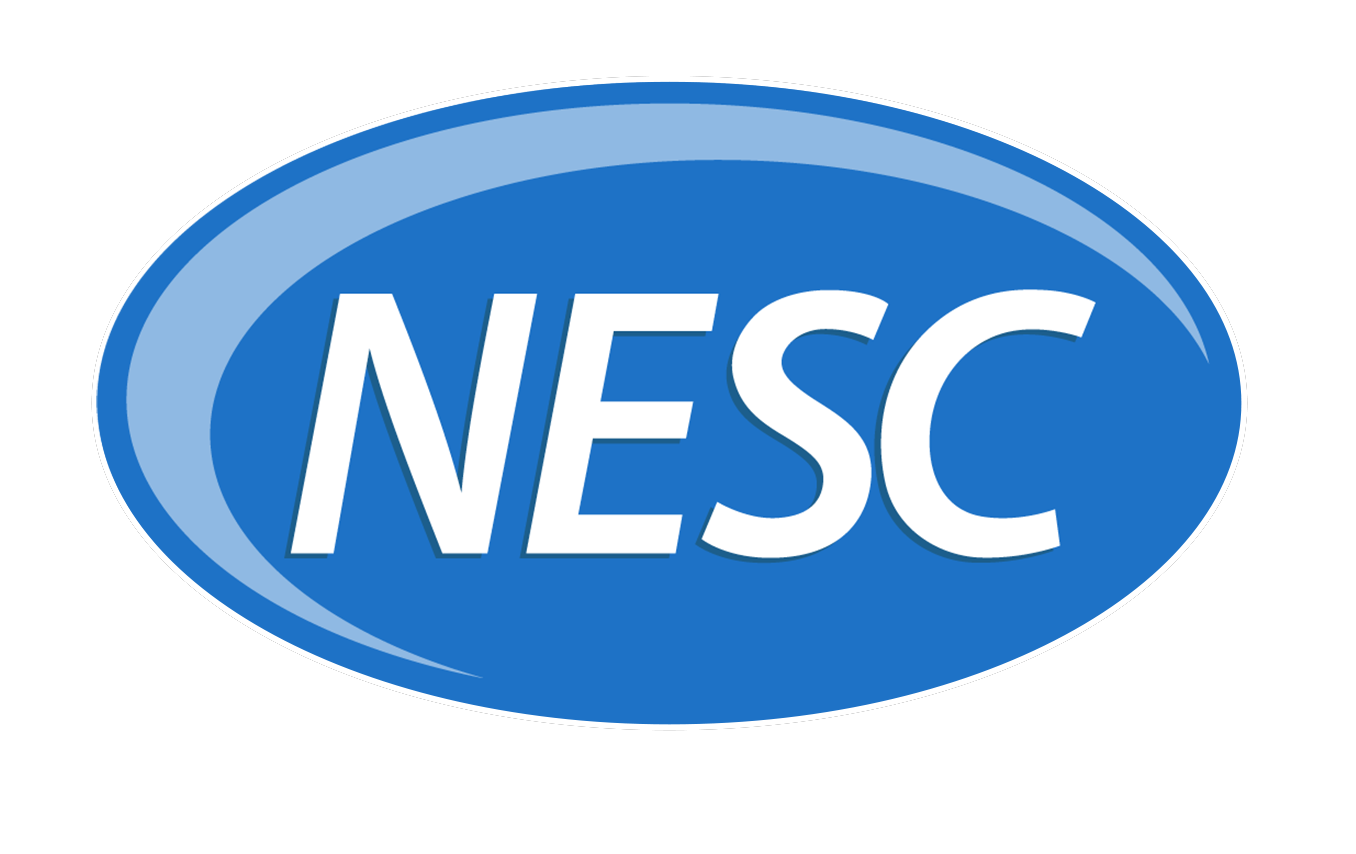Have you recently found yourself with more free time than usual? Maybe you are switching careers or you recently retired? Both situations come with many adjustments. You may find yourself struggling with the loss of identity your career provided. You might find that your support networks are no longer there for you. You need to discover new ways to stay engaged socially and remain intellectually active. In his book The Retiring Mind: How to Make the Psychological Transition to Retirement, Dr. Robert Delamontagne explains, “Some retirees ease smoothly into retirement, spending more time with hobbies or family and friends. But others, research finds, experience anxiety, depression and debilitating feelings of loss.” Fortunately, there is a way to combat these effects—volunteering! Ideally, volunteering allows you to work in a meaningful way, give back with the skills you’ve honed, and develop a new support network.
Whether you volunteer during retirement or a transition period, there are many benefits of volunteering. For those transitioning careers, here is a list of some of the ways volunteering can help you achieve your career goals:
- Add experience to your resume: When transitioning to a new industry or sector, you most likely have limited or no professional history relevant to your new path. Volunteering can show potential employers you have the skills to succeed in their industry.
- Expand your network: Volunteering introduces you to people from various professional backgrounds, and some of these new connections may lead you to your next job.
- Avoid gaps on your resume: Employers are more likely to hire a candidate with no job gaps; however, volunteering offers valuable experience to list on your resume.
- Learn and apply new skills: These new skills can help you better market yourself in your job search.
- Avoid job search burnout: Searching for a new job can take its toll on your mental health. Volunteering can improve mental health by offering a way to be helpful towards a cause you believe in and giving you a different perspective.
While retirees may not need career development, volunteering still provides many benefits. Check out the list below for some of the ways volunteering can positively impact overall wellbeing.
- Promotes physical activity: Volunteering may allow you to regularly leave the house and be more physically active.
- Prevents isolation and depression: Volunteering requires you to socialize with people regularly. Volunteering is a great way to meet new people and create lasting relationships.
- Reduce stress: Volunteering releases dopamine in the brain, which decreases stress and increases relaxation. Volunteering long-term can lower your risk of stress-related health problems, including heart disease, anxiety, and sleep problems.
- Improves cognitive resilience: Volunteering keeps your brain active with meaningful and productive activities. Keeping your brain active lowers your risk of memory loss and other cognitive declines.
- Enhances overall wellbeing: According to a Department of Homeland Security survey on volunteers, “88% noted improved self-esteem, 93% noted an improvement in their mood, 75% felt physically healthier, and 34% could manage their chronic illnesses better.”
Nonprofit organizations depend on volunteers to help them achieve their missions. Recently, many nonprofits have found themselves in need of consultants as well. With more and more challenges facing them, nonprofit organizations need consultants with relevant experience who can advise them on how to increase their effectiveness.
If you are someone with business or nonprofit experience looking for volunteer opportunities, look no further! The National Executive Service Corps (NESC) is a nonprofit providing consulting services to other nonprofits. All of our consultants are volunteers with the skills, experience, and qualities needed to empower nonprofits. NESC consultants range from former CEOs to all other management levels in all sectors. Our consultants have worked at the most prominent American companies, including IBM, JPMorgan, Chase, Time Warner, and McKinsey. We consult to organizations in the arts, social services, religion, and healthcare. Our consultants are highly motivated to serve, and they are excited by the challenges of research, analysis, and the development of practical and strategic recommendations to enhance the effectiveness of nonprofit organizations.
If this sounds like you, apply here to join the team of NESC volunteer consultants!
If you or your organization wants to work with one of our great consultants, contact the National Executive Service Corps today! Send us a message or give us a call!

